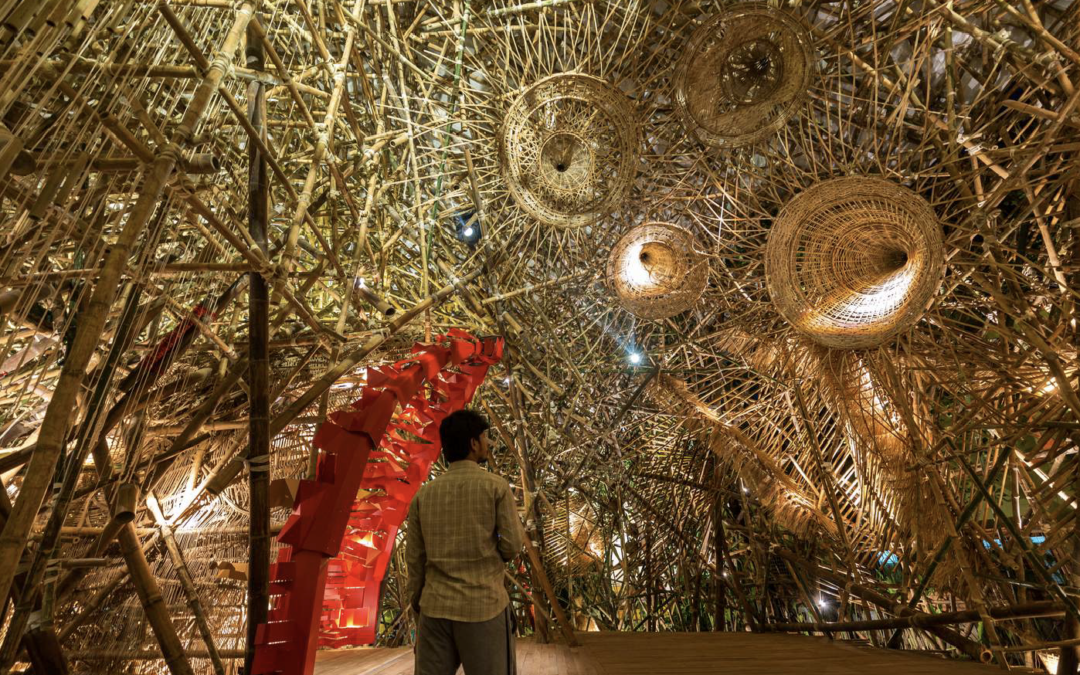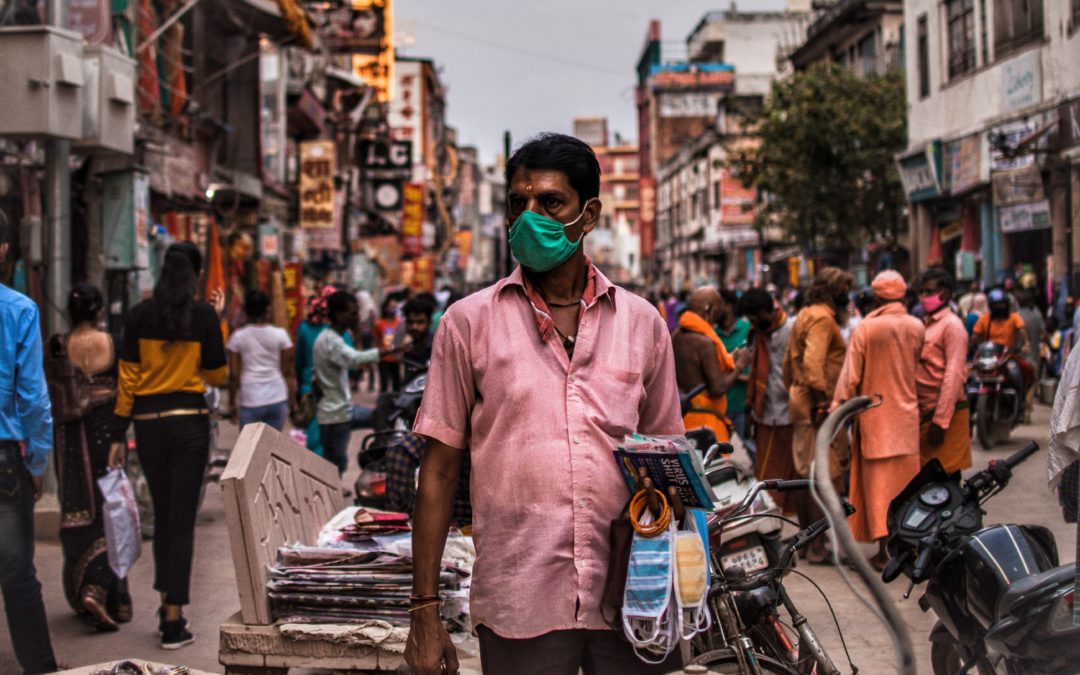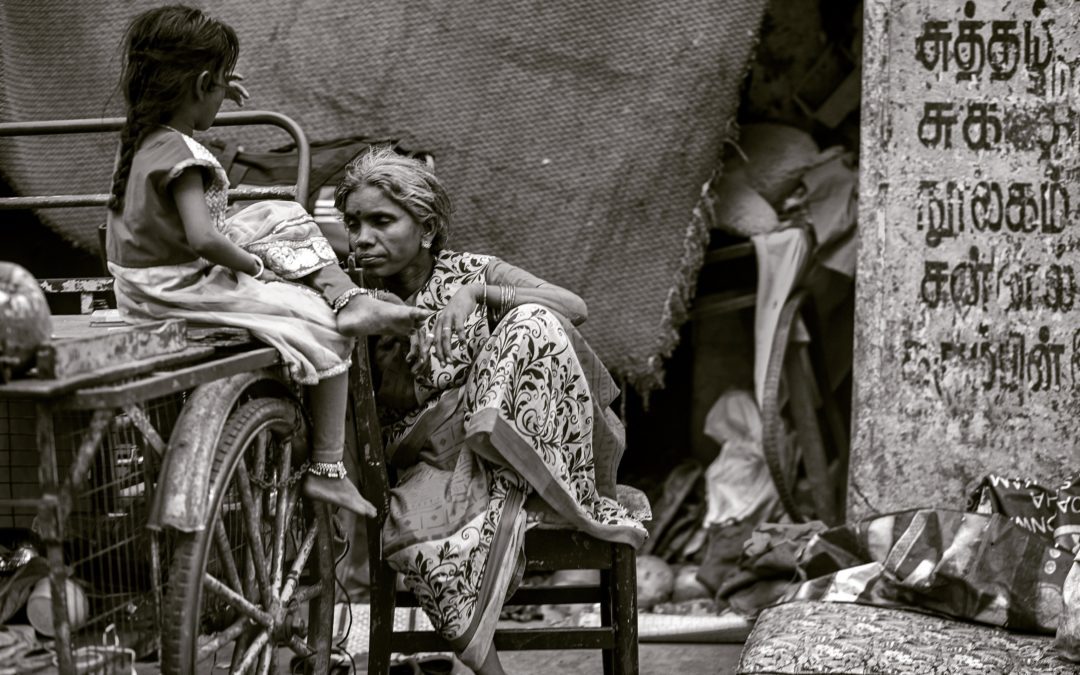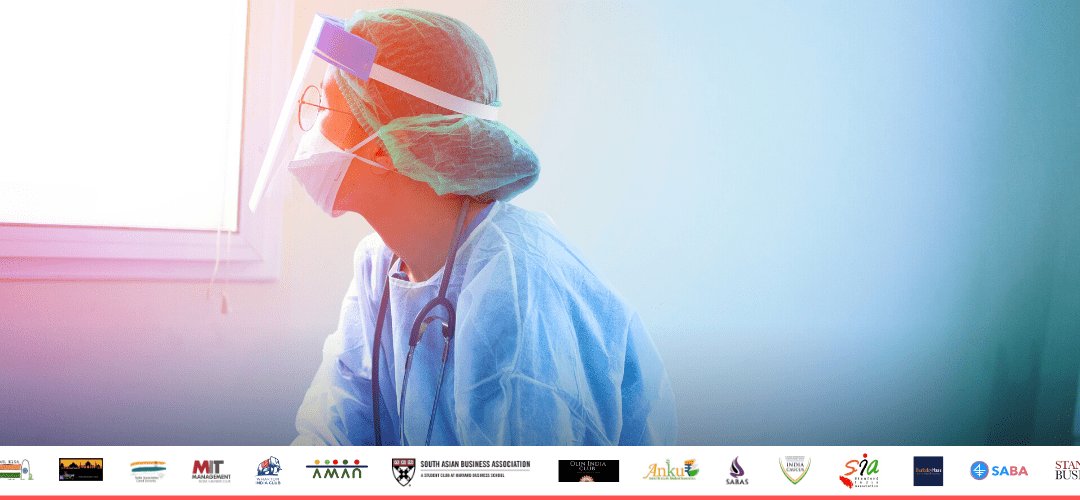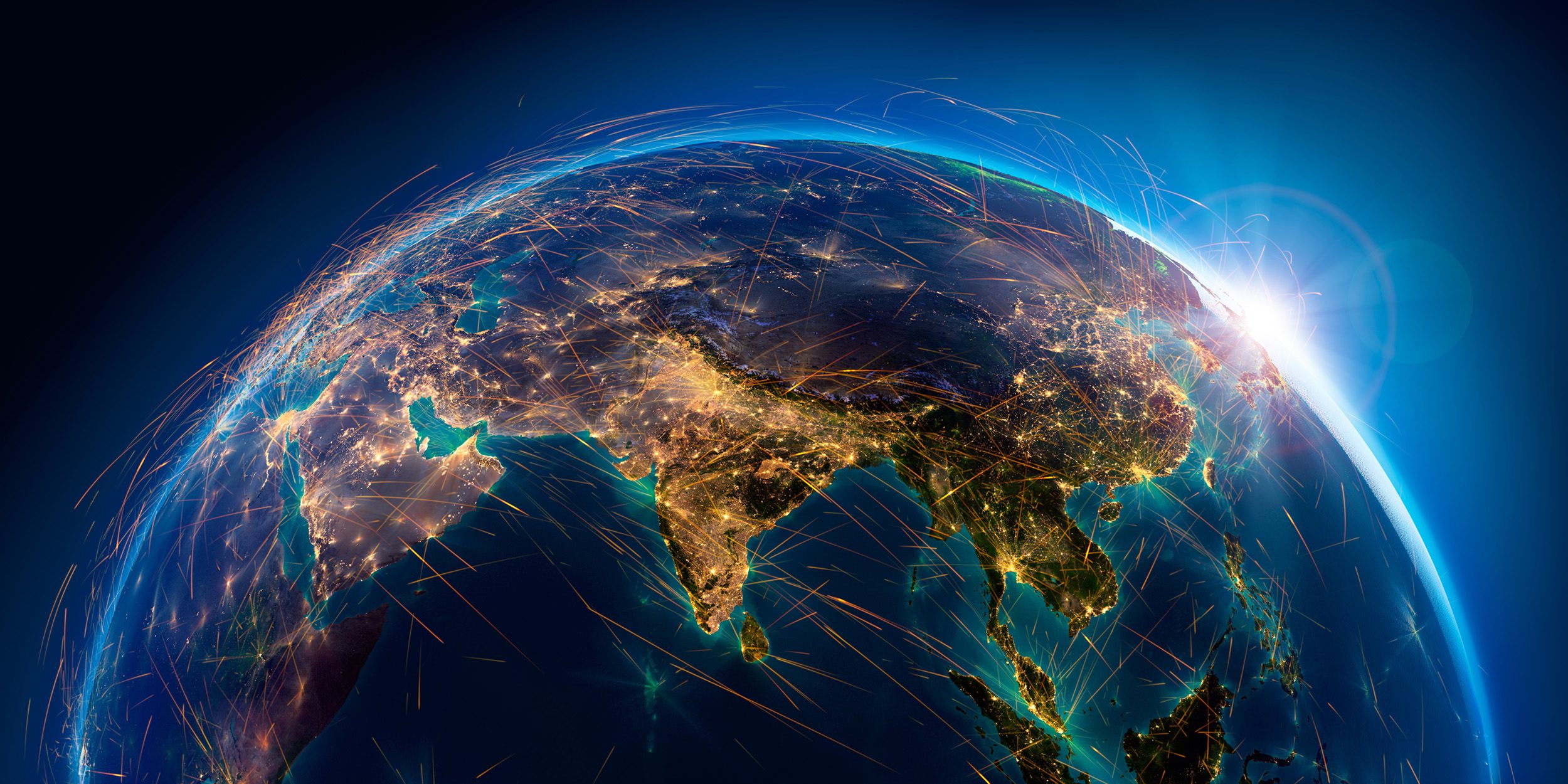Contextualizing Evidence-based Recommendations for the Second Wave of the COVID-19 Pandemic in India
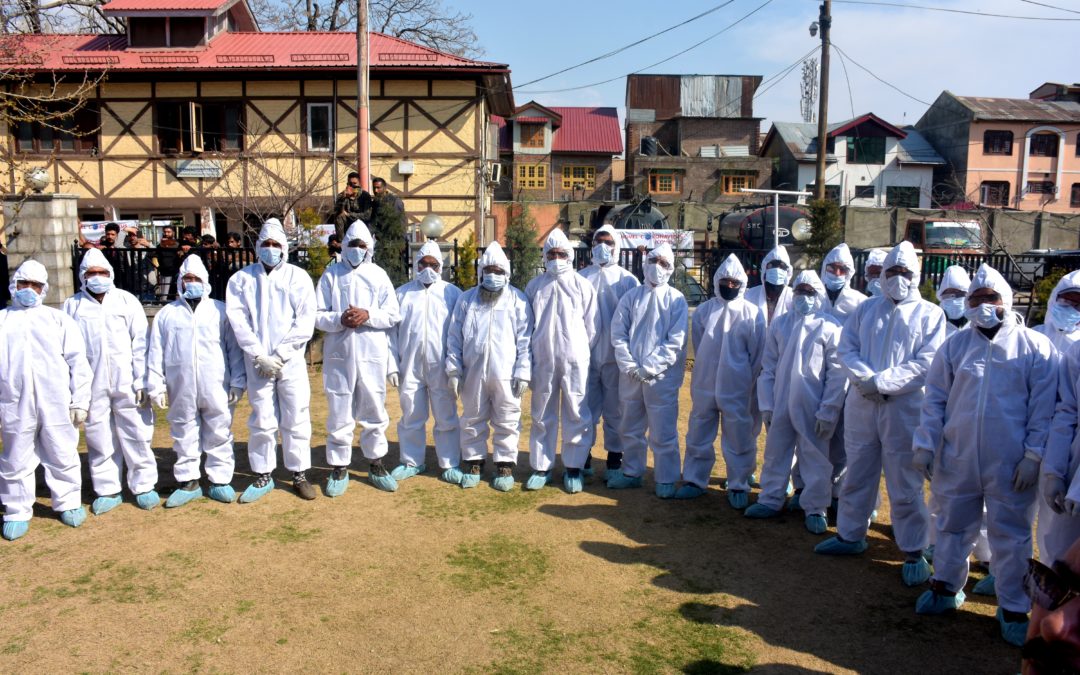
Satchit Balsari, Assistant Professor in Emergency Medicine at Harvard Medical School and Beth Israel Deaconess Medical Center and Steering Committee member of the Mittal Institute, co-authored a comment in The Lancet on evidence-based, affordable interventions to manage COVID-19 in India. His co-authors include a range of other medical professionals: Zarir Udwadia, Department of Pulmonary Medicine, P.D. Hinduja Hospital and Medical Research Center, Mumbai, India (ZU); Department of Pulmonary Medicine, Breach Candy Hospitals & Research Centers, Mumbai, India; Ahmed Shaikh, Department of Emergency Medicine, New York Presbyterian Hospital, New York, NY, USA; Abdul Ghafur, Department of Infectious Diseases, Apollo Cancer Hospital, Chennai, India; and Sushila Kataria, Department of Internal Medicine, Medanta Hospital, Gurgaon, India.

